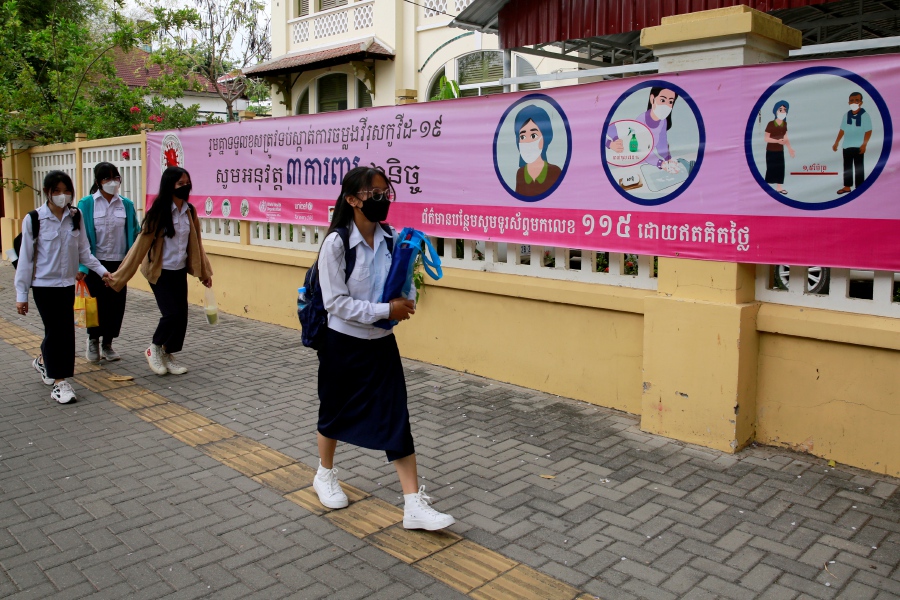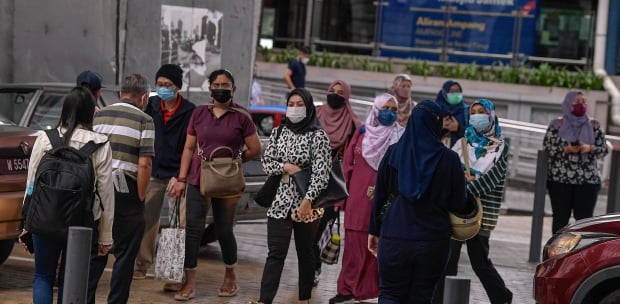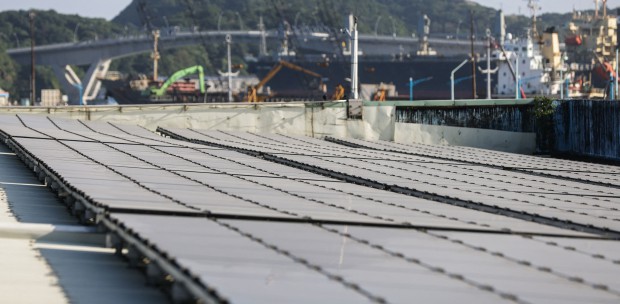CAN the youth of Southeast Asia step up to the occasion and do "whatever it takes" so that the region can meet the most serious challenges of our area?
The reader knows what I am talking about: climate change, skyrocketing inequalities, a labour market that is still far from inclusive and so on.
The latest edition of the Asia and the Pacific SDG Progress Report 2022 was released on March 10 and the outlook, as it was imagined, is pretty grim. Those who pay the highest price are vulnerable groups, starting with women.
It states: "The intersection of poverty and climate change often impacts the livelihoods of women, who account for the majority of agriculture workers in some areas."
This is not only a tragedy but also a missed opportunity because women, if enabled and empowered, could change the status quo and allow us to forge a sustainable and inclusive feature.
In a recent event organised by the United Nations Economic and Social Commission for Asia and the Pacific and the UN Women Regional Office for Asia and the Pacific, the discussions revolved around a more even and just playing field, a scenario where women could have a stronger voice and agency in the decision-making process.
This is one of the major propositions of UN Women's recent report, "Women and the Environment: An Asia-Pacific Snapshot", a call for action and ideas to make decision-making more inclusive.
The current landscape in this area is very depressive: male-dominated and detached from ground reality. It could be otherwise if women and other marginalised groups could instead claim and obtain a role in the ways decisions are made.
Talking about decision-making in Southeast Asia means talking about the ways policymaking are framed. Imagining a different process, more inclusive and bottom-up, could truly help us face "head on" our biggest challenges.
Bold imagination is what we need, but also we need practical ideas and tools to turn around decision-making and policymaking.
In this context, a side event to the annual Asia-Pacific Forum on Sustainable Development that will be held from March 28 to 31, is trying to provide a space to think anew about the way decisions and policies are framed.
The "Southeast Asia SDG Youth Dialogue: Enhance Youth Activism in Implementing 2030 Agenda on Sustainable Development" (disclaimer, I am part of the organising team), to be held tomorrow, will try to create a conducive environment for bottom-up approaches in decision-making, with a special focus on youth.
The context is the New Social Compact and the idea of localising SDGs as much as possible.
Youth, in particular women and other members of vulnerable groups, can truly reimagine a civil polity where, regardless of the political system in place, citizens can truly be encouraged and supported to take part in the most important discussions of our generation.
Southeast Asia, often considered not to be a beacon for civil and political rights, could provide a new template, helping national governments of the region to evolve and embrace a new way of doing politics, one based on civic engagement and bottom-up deliberations.
A New Social Contract driven by the principles of inclusion, fairness, justice and diversity could redraw local and national politics, providing new spaces for people to participate and engage in the most important decisions.
The Asia and the Pacific SDG Progress Report 2022 is clear on one thing: we are not moving forward in the right direction, and hopes that the learning from the pandemic would help us in taking bold decisions are fading away.
"At the current rate of change, none of the 17 SDGs will be achieved." This brief sentence from the report could be an imminent "death sentence", whose response would demand much more than the usual call for action. Instead, we should propose a new imperative, a reinvigorated duty to participate and try to change the status quo.
We need to work at the bottom level, showing that participatory deliberations and a more inclusive decision-making process are not just tokenistic approaches, but effective and workable ways to prove there are other options to better govern our lives.
We need to pursue them to ensure our chances of survival will increase rather than decrease.
The author writes on civic engagement, youth development, the SDGs and regional integration in the context of Asia-Pacific






